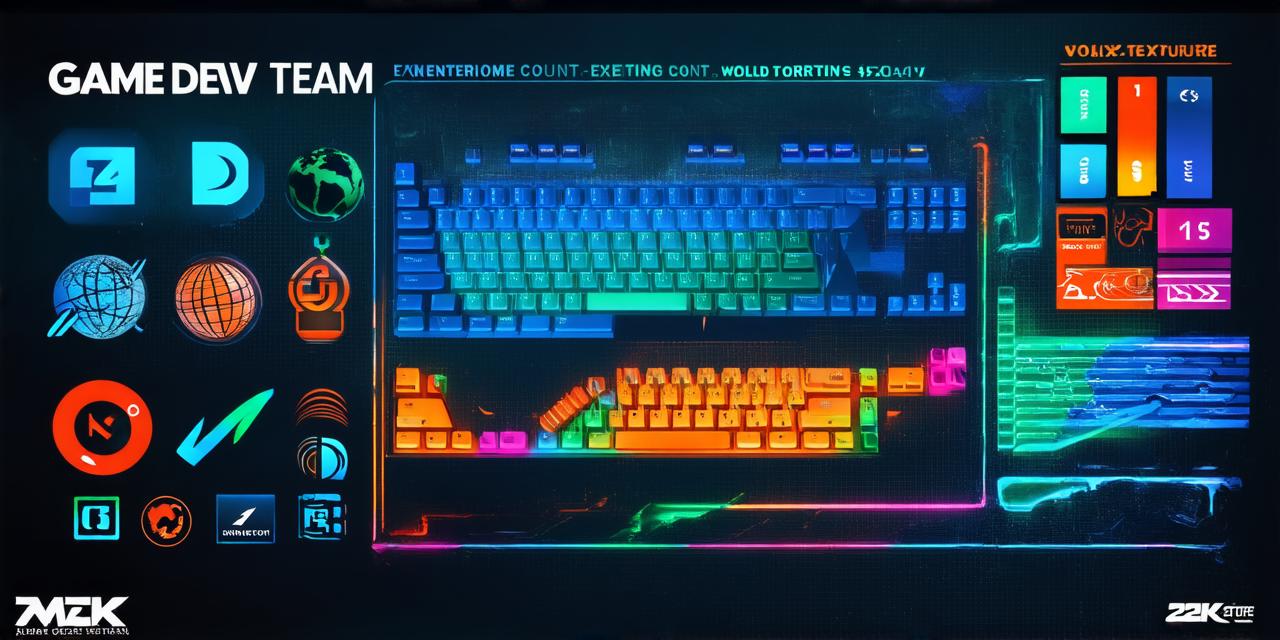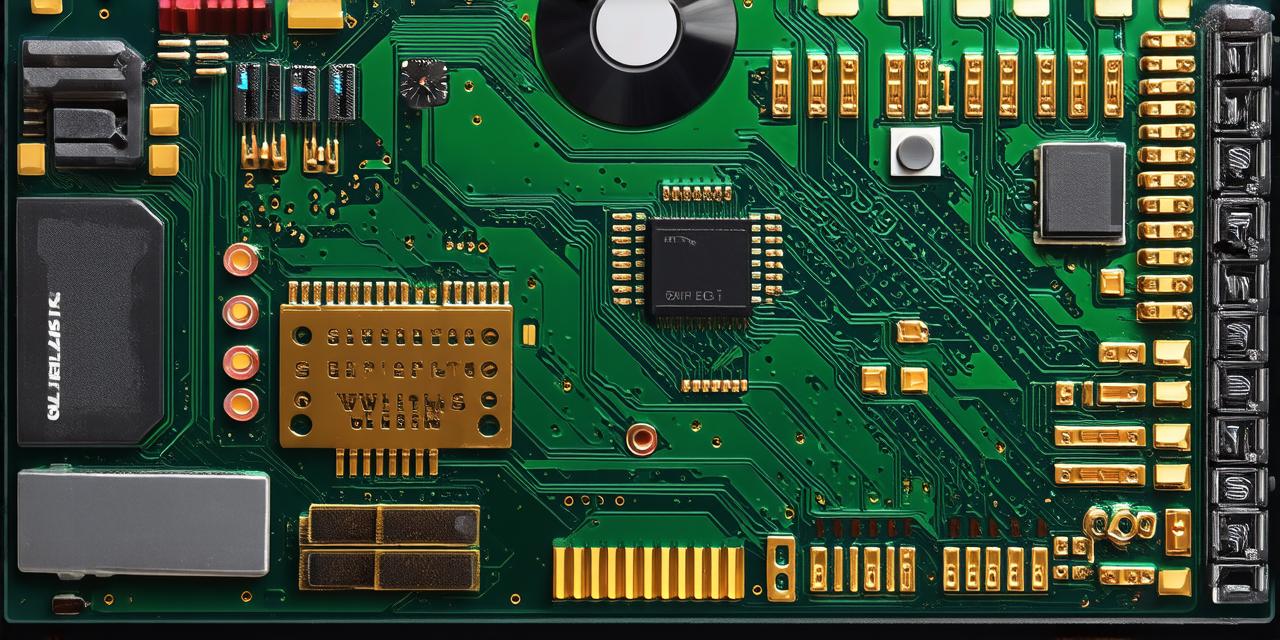Introduction:
Game development is a complex and dynamic process that requires a wide range of skills and technologies. One of the most critical aspects of game development is programming, which involves writing code to create the logic and functionality of a game. In this guide, we will explore the various tools and programming languages used by game developers to create engaging and immersive games.
1. Programming Languages:
There are several programming languages used in game development, each with its own strengths and weaknesses. The most popular programming languages for game development include C++, C, Java, Python, and HTML5/JavaScript.
C++
C++ is a high-performance language that is widely used in the gaming industry due to its ability to handle complex graphics and physics calculations. It is used to create games such as Fortnite, Call of Duty, and Battlefield. However, it has a steep learning curve and can be challenging for beginners.
C
C is another popular language that is widely used in game development, particularly for Unity, one of the most popular game engines. It is an object-oriented programming language that offers good performance and easy maintenance.
Java
Java is a versatile programming language that is widely used for mobile game development on Android and iOS platforms. It is an object-oriented programming language that offers good performance and easy maintenance.
Python
Python is a popular language for scripting and prototyping in game development due to its simplicity and ease of use. It is often used for AI, animation, and user interface development.
HTML5/JavaScript
HTML5/JavaScript is a web-based language that allows developers to create browser-based games that can be played on any device with a web browser. It offers good performance and flexibility but may not be suitable for complex games that require high performance.
2. Game Engines:
A game engine is a software framework that provides a set of tools and resources for creating games. Some of the most popular game engines include Unity, Unreal Engine, CryEngine, and Godot.
Unity
Unity is one of the most widely used game engines, particularly for mobile and web-based game development. It offers good performance and flexibility and supports a wide range of programming languages, including C, JavaScript, and Boo.

Unreal Engine
Unreal Engine is another popular game engine that is known for its high-performance graphics and physics simulations. It is used to create games such as Fortnite and The Division.
CryEngine
CryEngine is a powerful game engine that is known for its realistic graphics and physics simulations. It is used to create games such as Crysis and Far Cry.
Godot
Godot is an open-source game engine that offers good performance and flexibility. It supports a wide range of programming languages, including C++, C, and Python.
3. Game Development Software:
Game development software includes tools and resources used for designing, creating, and testing games. Some of the most popular game development software include Blender, Maya, 3ds Max, and Photoshop.
Blender
Blender is a free and open-source 3D modeling and animation software that is widely used in game development. It offers a wide range of features and is suitable for both beginners and advanced users.
Maya and 3ds Max
Maya and 3ds Max are two of the most popular 3D modeling and animation software used in game development. They offer a wide range of features and are suitable for both beginners and advanced users.
Photoshop
Photoshop is a powerful image editing software that is widely used for creating game assets such as textures, characters, and environments.
4. Game Development Tools:
Game development tools include software and resources used to manage and streamline the game development process. Some of the most popular game development tools include Git, Trello, and Asana.
Git
Git is a version control system that allows developers to collaborate on code changes and keep track of different versions of a project. It is widely used in game development to manage code changes and ensure that everyone is working on the latest version of a project.



